Description
Flowers
Meaning “flower of flowers”, Ylang Ylang is one of the most beautiful and gentle, sweetly scented essential oils. Also known as “poor man’s jasmine”, its delicate, star-shaped flowers have been pressed for their oil for thousands of years.
The Ylang Ylang tree doesn’t flower for its first five years, after this it goes on to produce a staggering 45 pounds of flowers for around fifty years!
Native to Malaysia, Indonesia and other eastern lowland Asian countries, the natives soon discovered that the oil of these flowers was an effective remedy for burns, skin irritations and insect bites.
Antidepressant/Sedative
Ylang Ylang is rich in volatile organic compounds which are responsible for its many benefits. It has been clinically proven to reduce the stress hormone “cortisol” and to exert a sedative effect. A 2013 study found that it also inhibited the sympathetic nervous system (fight or flight) and activated the parasympathetic nervous system (rest and digest), resulting in feelings of relaxation and drowsiness.
Another 2006 study found that transdermal absorption (through the skin), of Ylang Ylang essential oil caused relief from stress and depression in humans.
Lastly, in a pilot study of 34 professional nurses using, it was found that Ylang Ylang can significantly boost self-esteem.
To take advantage of its harmonising, relaxing and sedative effects, add Ylang Ylang essential oil to your favourite massage oil, pop a few drops in the bath or diffuse in your bedroom at night.
Aphrodisiac
The aphrodisiac effects of Ylang Ylang are legendary. its petals are spread on the beds of newlyweds in Indonesia to support a deeper emotional connection as well as helping to increase the libido of the happy couple.
The chemical compounds in Ylang Ylang oil play a role in its ability to interact with hormone secretion. Phytochemicals such as; linalool, methyl ether, caryophyllene, geranyl acetate, benzyl benzoate, methyl benzoate, benzyl acetate, p-cresyl, and other sesquiterpenes give the oil its aphrodisiac properties.
A secret weapon of major perfume brands, Ylang Ylang is used as an active ingredient in many perfumes. As well as smelling nice, the goal of the perfume is to attract potential partners!
Blood Pressure
Stress and anxiety are one of the main reasons for high blood pressure. They stimulate the release of certain hormones in the body called catecholamines which can lead to the constriction of blood vessels and an increase in heart rate which raises blood pressure and can lead to hypertension.
A Korean study published in 2013 found that inhaling Ylang Ylang essential oil had a significant impact on both systolic blood pressure and heart rate among the 29 male subjects.
Because Ylang Ylang alleviates stress, anxiety and other mental ailments it can help to keep blood pressure under control. High blood pressure can be the cause of strokes, myocardial infarction and heart attacks.
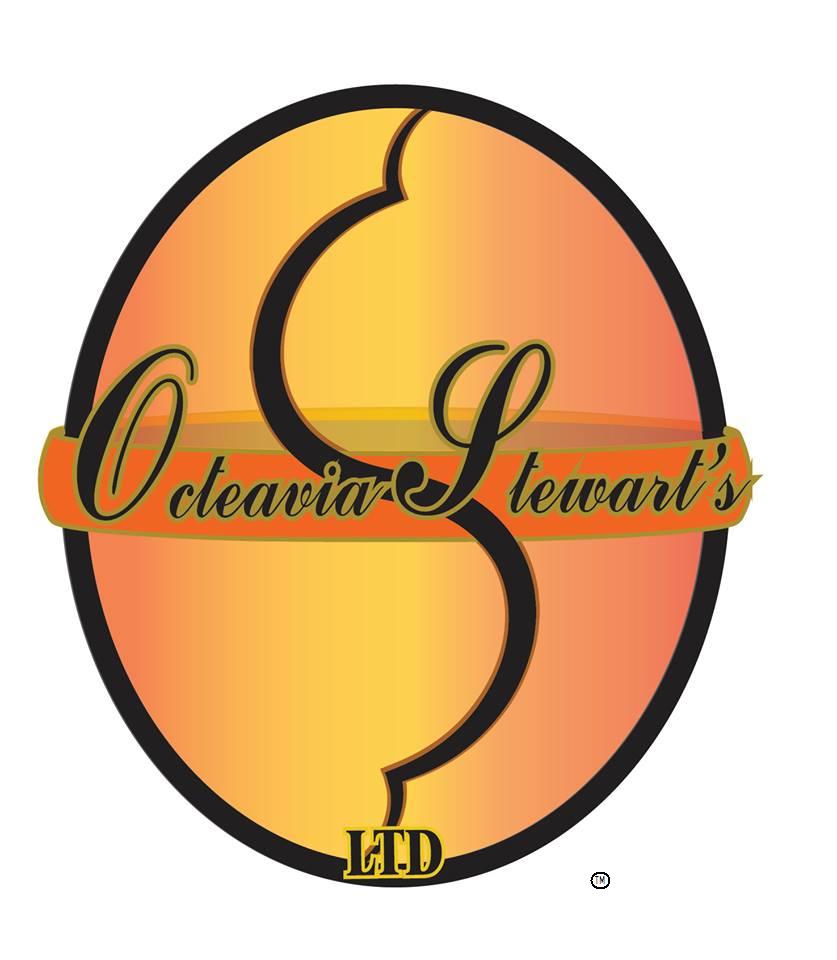
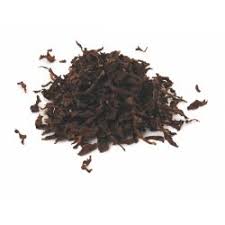

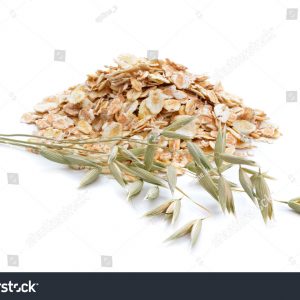
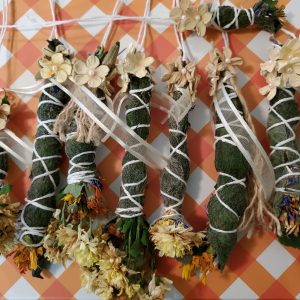
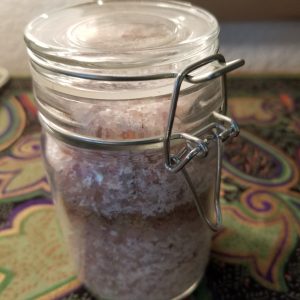
Reviews
There are no reviews yet.